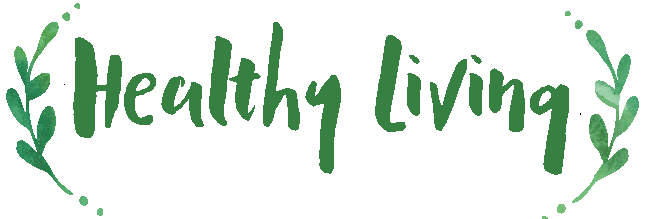
Heart & Stroke funded research found that ultra-processed foods make up almost half of Canadians' diets.We are not referring to these minimally processed foods when we are advising you not to eat processed foods. Some examples are: bagged salad, frozen vegetables and fruit, eggs, milk, cheese, flour, brown rice, oil and dried herbs. Minimally processed foods keep almost all of their essential nutrients. These are foods that are slightly changed in some way but contain few industrially made additives. Some minimally processed foods are okay.Examples of processed food include: fast foods, hot dogs, chips, cookies, frozen pizzas, deli meats, white rice and white bread. During processing, often important nutrients such as vitamins, minerals and fiber are removed while salt and sugar are added. Highly processed foods - often called ultra-processed - are foods that are changed from their original food source and have many added ingredients.Limiting highly and ultra-processed foods Fill a quarter of your plate with protein foods.Ĥ.


#Live healthier full#
Whole grain foods have fibre, protein and B vitamins to help you stay healthy and full longer. They are prepared using the entire grain. Whole grain foods include whole grain bread and crackers, brown or wild rice, quinoa, oatmeal and hulled barley.Fill half your plate with vegetables and fruit at every meal and snack.Vegetables and fruit are packed with nutrients (antioxidants, vitamins, minerals and fibre) and help you maintain a healthy weight by keeping you full longer. This is one of the most important diet habits.


 0 kommentar(er)
0 kommentar(er)
